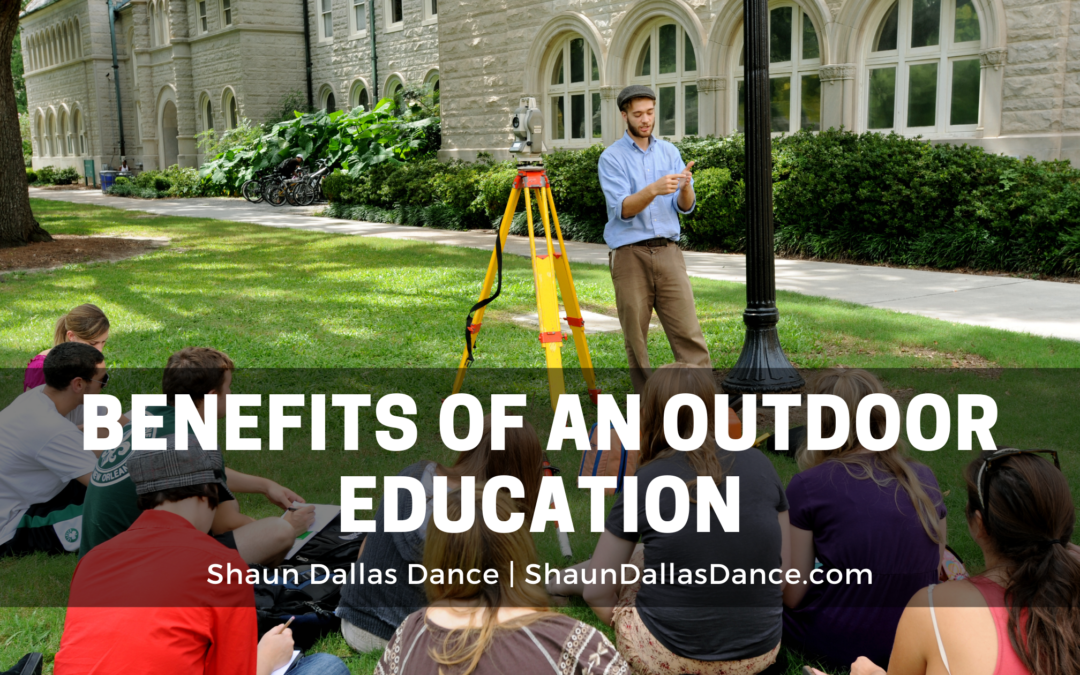2020 was a difficult, challenging period. While we may not be out of the woods completely, there seems to be a light at the end of the proverbial tunnel. When COVID was at its peak, people were warned about going outdoors for months on end, with no foreseeable release in sight. In addition to the overall stress of the nation, this fear contributed to approximately a quarter of the nation concerned for their mental health.
We have all been told about the benefits of being outside, even for just a few minutes a day. Studies have shown that spending time outdoors, whether as a group or alone, is more important than we previously thought. Not only is it pleasant, but there are scientifically proven social, cognitive, academic, and physiological benefits to outside exposure, and combining it with education is exponentially better.
More articles these days are bringing up the topic of nature deficit disorder with students. Human beings have an intrinsic need to seek a connection with nature. Outdoor learning gives children an early appreciation of their natural surroundings. This has been shown to carry over to other areas of their development, such as instilling a sense of civic duty in maintaining their environment or an appreciation of all things in life.
Education that involves nature has been shown to boost peer relationships, self-esteem, overall attitude, attendance, motivation to learn, and general behavior. Learning outdoors can also inspire kids to become physically active, even in their spare time. This instinctive ‘follow-up’ behavior is an excellent tool in the fight against childhood obesity.
Having class outside is also more enjoyable because the educators are happy. Teachers love being outside as much as their students, and it shows in the way they conduct lessons. For many teachers, seeing how excited their students are is enough to remind them why they love teaching in the first place. Being relaxed and outside is also a perfect way to come up with innovative and unique teaching methods.
When it comes to focusing and attention spans, students who have the freedom to sit outside feel less constrained, releasing a freer sense of self. This carries over in their ability to collaborate in group projects and allows for emotional, intellectual, and behavioral growth overall.

